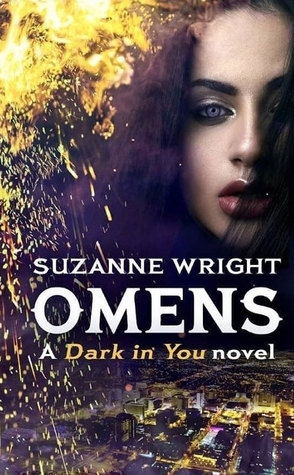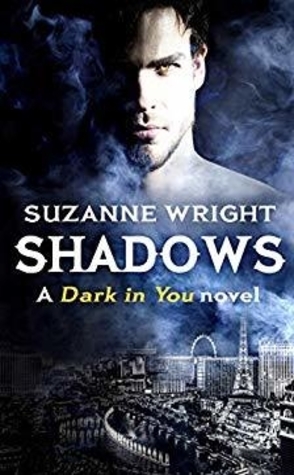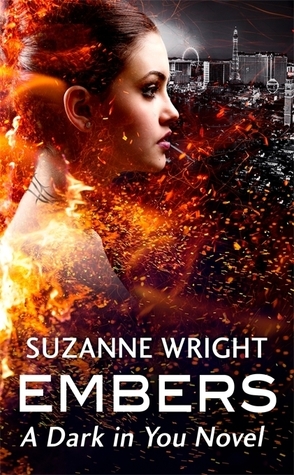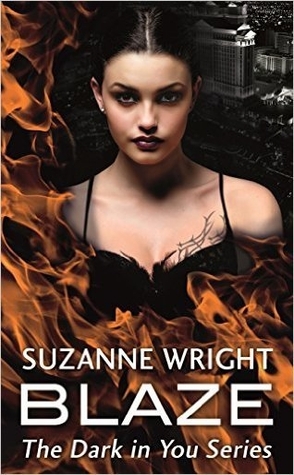Judith‘s review of My Lady’s Pleasure by Olivia Quincy.
Lady Georgiana Vernon, freewheeling daughter of the Earl of Eastley, and Jeremy Staunton, younger son of a viscount, have an unconventional relationship–at least for the upper crust of 1895. They meet publicly as friends, and privately as lovers. It is an arrangement that allowsw Georgiana the kind of sexual freedom she desires and continues to indulge in as a guest at Penfield where the most sought-after names in the country gather for Lord Loughlin’s annual masquerade ball.
Then Georgiana, who has forward-thinking views on the nobility of honest work, initiates a torrid affair with the dark and sexy landscape designer working on the grounds of Penfield. She sees it as nothing more than a harmless yet pleasurable indulgence. But when the relationship is discovered, she becomes the target of increasingly malicious threats. The night of the ball, these intimidations will come to a dangerous head as the men in Georgiana’s life reveal their own secret desires.
It was a curious, yet historically verifiable phenomenon, during the 18th and 19th centuries in England, that public displays of romantic interest, no matter how slight, were considered scandalous. This view came to a head during the Victorian period when ball gowns must never reveal a woman’s ankle yet her bodice could practically be down to her naval. These are the times that form the backdrop of this historical novel, set in the summer countryside during one of the annual house parties that was famous for its masquerade ball. Everyone who was anyone begged, borrowed, or stole an invitation to this event, and the heroine of our story was always in attendance as a particular friend of Lady Loughlin, the hostess.
Georgiana was not a woman of her times! She resented the freedoms and liberties conferred on men of any station while women were confined, guarded, restricted, oppressed, and made to simper quietly in the background rather than have the freedom to express their own likes and dislikes, opinions, or urges. As a passionate woman, Georgiana found a way to indulge her romantic interests privately without disturbing the quiet social calm of the haut ton. Her lover of a year’s duration, Jeremy Staunton, did not accompany her to the country party, and little did he realize that once Georgiana was free of the London social scene, she would also find someone to fill her lazy afternoons. It was all just good fun to her.
Now this story has several threads that I think are particularly interesting in light of the Victorian oppression of sexual expression. A number of individuals present, including members of the hosting family, while remaining blythe and socially acceptable on the surface of things, had some rousing good times in private. In the end, not only do Georgiana’s indiscretions come to light, but several of these other “affairs” backfire on the participants in some interesting ways. The author seems to me to be making the point that no matter how socially squelched people may appear to be and how they may accept that circumstance, naughtiness will prevail.
I also think the author is trying to illustrate through Georgiana’s experience that there is a difference between freedom and license. It’s sort of what is sometimes said about personal rights: “Your rights end where my nose begins.” Georgiana never thought beyond her own personal liberty and pleasure in most anything she did but the counsel of some of her closest and older friends caused her to realize that she was not the only person who could have been hurt, both physically and in regards to their reputation–once lost, never recovered. So while this novel is decidedly a sexual romp through the English countryside, there are deeper issues to be considered, not only by the heroine but also by the reader as well.
I liked this book for several reasons. It was beautifully written and the dialogue was sparkling and witty. I liked the main characters — kind, considerate, intelligent, and fun. I liked the back stories of these characters and the shifting scenarios, which at first seemed unrelated, but which ultimately came together to make the author’s point. That kind of writing takes careful planning, considerable talent, and very good writing skills.
So I recommend this novel as a worthy historical read and I am looking forward to reading more of Ms Quincy’s work in the future. I give this book a rating of 4 out of 5.
This book is available from NAL. You can buy it here or here in e-format.
You can read more from Judith at Dr J’s Book Place.






I have only read Philippa Gregory’s historical novels, and I am so glad that you added another author to my list.
Sounds a bit different, I’d like to give it a try.
I’m glad you liked this one! I was holding off buying it until I heard what someone thought of it. 😛
I think I might have to buy this book it sounds great.
Judith, thanks so much for the kind words. I’m glad you enjoyed the book, and I can’t tell you how very satisfying it is to hear you say you think it’s well-written, with characters you care about. This was my first romance novel, and I wanted it to be about more than just sex — it’s gratifying to know that, for one reader at least, it was.